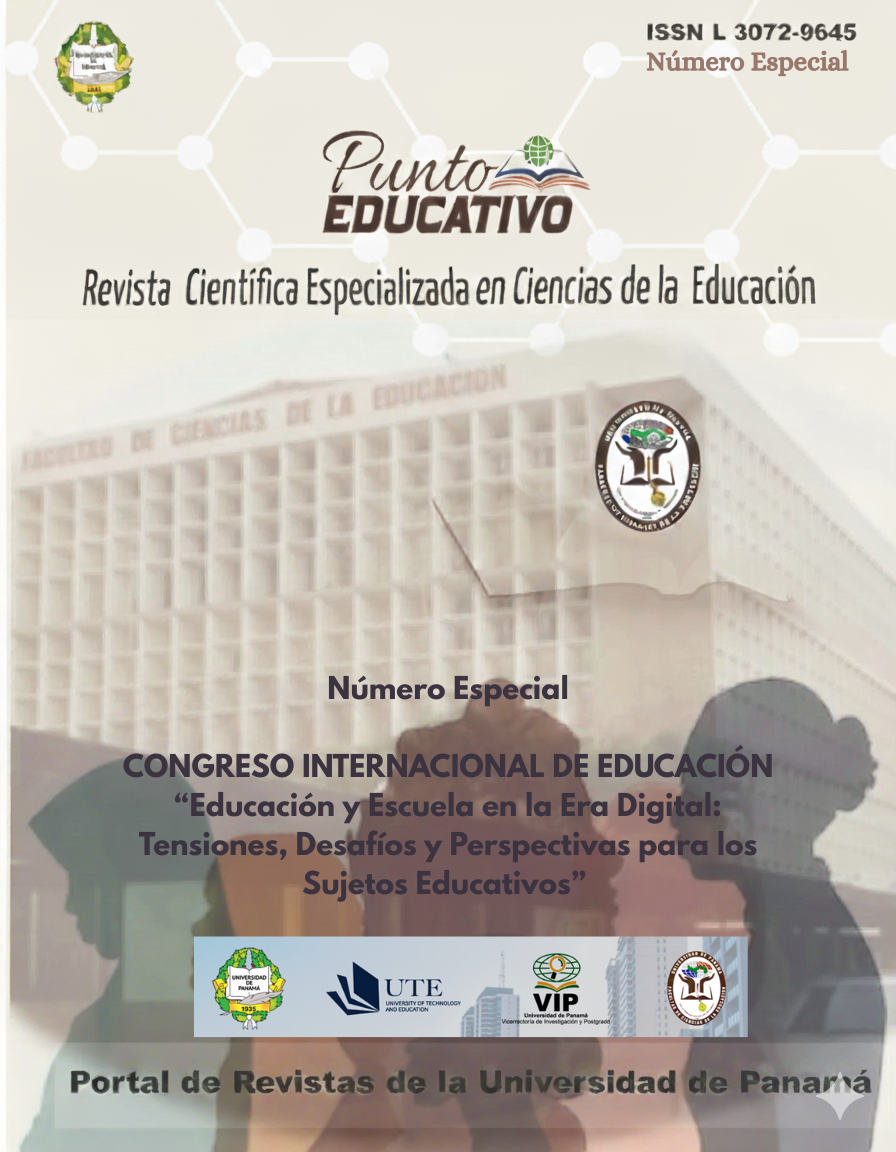

Copyright (c) 2025 Punto educativo

This work is licensed under a Creative Commons Attribution-NonCommercial-ShareAlike 4.0 International License.
The flipped classroom plays a crucial role in education, as it gives students the opportunity to familiarize themselves with the content before classes, which encourages their curiosity and metacognition. These cognitive skills not only allow them to assimilate knowledge, but also develop critical competencies essential for autonomous and reflective learning. In Panama, as in other Latin American countries, there is a need to rethink traditional educational models and adopt more inclusive and participatory approaches. This article examines how critical didactics through the flipped classroom can enhance students' cognitive abilities, analyzing its theoretical foundations, benefits, challenges, and examples of successful teaching strategies. The objective of this article is to determine the effectiveness of using the Flipped Classroom to enhance cognitive skills in the comprehensive training of the student, through critical didactics. Each student perceives, thinks and processes information differently. The methodology used was based on the review of primary sources through inferential critical reading, analysis and synthesis. The theoretical principles of critical didactics are presented along with an empirical study that evaluates its effectiveness in the educational field. We conclude by affirming the importance of implementing the flipped classroom in the context of critical didactics, taking into account the cultural and contextual particularities of the students. For example, in communities where formal education has historically been limited, students may need more support and guidance to adapt to this new learning model.